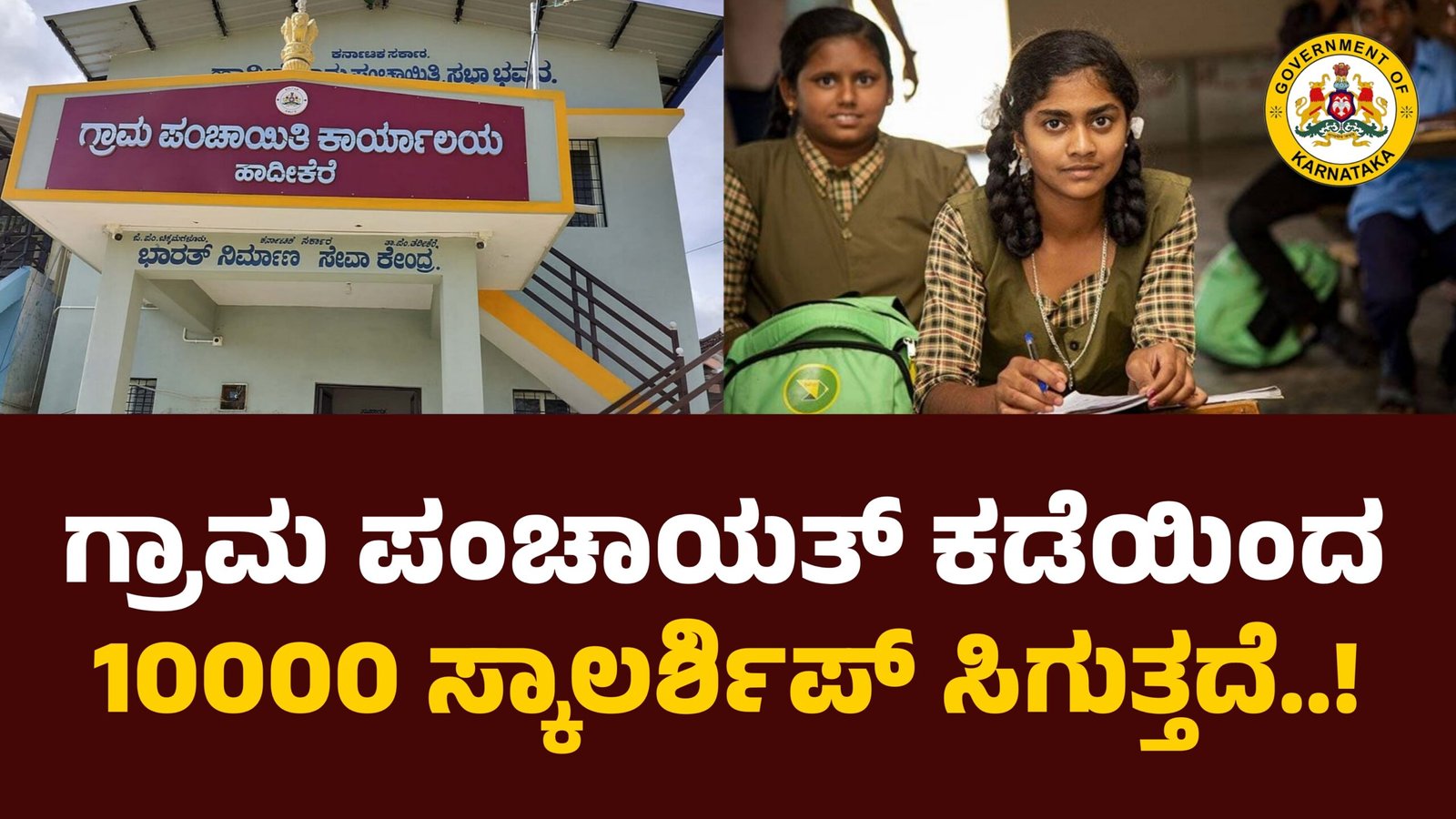Karnataka Education Board: Overview and Best Education System
Karnataka, a southern state in India, has a well-established education system, managed and regulated by multiple educational boards. The two primary educational bodies in Karnataka are the Karnataka Secondary Education Examination Board (KSEEB) and the Department of Pre-University Education (PUE), which oversee primary, secondary, and higher secondary education. These boards ensure the delivery of quality education and implement state policies to maintain high standards of learning. The education system in Karnataka is known for its diversity, inclusivity, and a balanced approach towards theoretical and practical learning.
Karnataka Secondary Education Examination Board (KSEEB)
KSEEB is responsible for overseeing secondary education in Karnataka. It is primarily known for conducting the SSLC (Secondary School Leaving Certificate) exams, which are held for students who complete their 10th grade. The board sets the curriculum, prescribes textbooks, conducts exams, and evaluates the performance of students. KSEEB’s main aim is to ensure that students have a strong academic foundation, covering a range of subjects like Mathematics, Science, Languages, and Social Studies.
The SSLC board exam is an important milestone in a student’s life, and KSEEB’s evaluation system is considered rigorous but fair. In recent years, the board has made several reforms in its exam pattern to incorporate practical and application-based learning, focusing not just on rote memorization but on real-world problem-solving skills.
Department of Pre-University Education (PUE)
After secondary education, students in Karnataka proceed to Pre-University Education (PUE), which is a two-year course leading to the Pre-University Certificate (PUC). The PUE is governed by the Department of Pre-University Education, and it is divided into streams such as Science, Commerce, and Arts. The exams at the PUE level are also of great importance, as they determine a student’s eligibility for higher education in fields like engineering, medicine, commerce, and the humanities.
Higher Education in Karnataka
Karnataka is home to several prestigious universities and institutions that play a significant role in the higher education landscape. Institutions like Indian Institute of Science (IISc), Indian Institute of Management (IIM) Bangalore, National Institute of Technology (NIT), and Ramaiah Medical College are some of the best in India. These universities offer undergraduate, postgraduate, and research programs, contributing to the state’s reputation for high-quality higher education.
Best Features of Karnataka’s Education System
-
Diverse Curriculum: Karnataka offers a balanced curriculum that combines traditional subjects with modern and vocational courses. It ensures students are not only equipped with academic knowledge but also with skills required for the real world.
-
Innovative Pedagogy: Karnataka’s educational system focuses on innovative teaching methods, which include project-based learning, experiential learning, and digital tools that engage students. The use of technology in classrooms has been steadily increasing, providing students with an interactive learning experience.
-
Focus on Holistic Development: The state promotes the holistic development of students, encouraging extracurricular activities like sports, arts, and cultural events. This fosters creativity, leadership, and teamwork skills among students.
-
Inclusive Education: Karnataka is known for its inclusive education system that strives to ensure access to quality education for all sections of society, including marginalized groups. Programs and schemes like scholarships, midday meals, and free uniforms aim to reduce barriers to education.
-
Higher Education Institutions: The state is a hub for top-tier educational institutions that provide world-class education in various fields. This attracts students from all over India and abroad, promoting diversity and innovation.
-
Statewide Educational Reforms: Karnataka has continuously upgraded its education policies. Reforms like the introduction of e-learning, a shift towards competency-based education, and the adoption of a more flexible curriculum are aimed at improving the quality of education.
Challenges and Areas for Improvement
Despite its successes, Karnataka’s education system faces challenges such as disparities between urban and rural schools, overcrowded classrooms, and the need for further integration of vocational education. However, the government is continuously working to address these issues, aiming for an inclusive and accessible education system for all.
In conclusion, Karnataka’s education system is dynamic and evolving. It combines a robust curriculum with modern pedagogical practices to ensure that students are not only academically proficient but also ready to face the challenges of the real world. Through reforms, inclusivity, and innovation, the state continues to lead in the educational sector.







